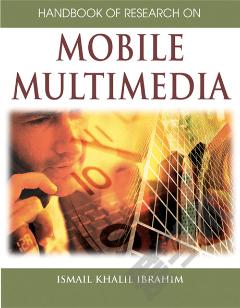The Handbook of Media Education Research
A guide to the most recent practices and theories of media education research Over the past forty years, media education research has emerged as a historical, epistemological and practical field of study. Action shifts in the field—along with radical transformation in media technologies, aesthetic forms, ownership models, and audience participation practices—have driven the application of new concepts and theories across a range of both school and non-school settings. The Handbook on Media Education Research is a unique exploration of this complex set of practices, theories, and tools of media research. Featuring contributions from a diverse range of internationally-recognized experts and practitioners, this timely volume discusses the most recent developments in the field in the context of related scholarship, public policy, formal and non-formal teaching and learning, and DIY and community practice. Offering a truly global perspective, the Handbook focuses on empirical work from Media and Information Literacy (MIL) practitioners from around the world. The book’s five parts explore global youth cultures and the media, trans-media learning, media literacy and scientific controversies, varying national approaches to media research, media education policies, and much more. A groundbreaking resource on the concepts and theories of media research, this important book: · Provides a diversity of views and experiences relevant to media literacy education research · Features contributions from experts from a wide-range of countries including South Africa, Finland, India, Italy, Brazil, and many more · Examines the history and future of media education in various international contexts · Discusses the development and current state of media literacy education institutions and policies · Addresses important contemporary issues such as cyberbullying, data privacy, social movement media, and digital rights advocacy The Handbook on Media Education Research is an invaluable guide for researchers in the field, undergraduate and graduate students in media studies, policy makers, and MIL practitioners.
{{comment.content}}








 京公网安备 11010802027623号
京公网安备 11010802027623号